by Glenn Barnett
When Commodore Matthew C. Perry sailed out of Tokyo Bay after his historic visit in 1854, he left in his wake a desire among the Japanese to emulate all things Western. This included the acquisition of colonies. After a brief war with China in 1894-1895, Japan wrested the island of Formosa away from the mainland and administrated it like a European-style colony.
[text_ad]
The new rulers quickly began to exploit the natural resources and labor of the native population. Japanese soon supplanted Chinese as the language of instruction in Formosan schools. Chinese culture was suppressed and the people were encouraged to worship at Shinto shrines, dress in Japanese-style clothing, and revere the Emperor as a god.
While ethnic Han Chinese populated the coastal areas of Formosa, the mountainous interior of the island was the territory of an indigenous people that predated the Han migration. They were divided into clans and tribes with their own history and culture. The Japanese referred to them collectively as Takasago. The name comes from Japanese mythology and refers to a barbarian race that became semicivilized by the adoption of the superior Japanese culture.
The Takasago endured a love-hate relationship with their masters not unlike that of Indians for the British. Revolts against Japanese occupation in the 1930s made the Japanese officer corps aware that the Takasago were good fighters.
By December 1941, the Japanese military was stretched dangerously thin in its occupation and war against the Nationalist and Communist forces on the Chinese mainland. To fight on the new and vast front of the Pacific Ocean, the Japanese dipped into the last pool of homeland manpower available when they drafted soldiers like Masashi and Onoda. They became desperate for new sources of recruits.
Thousands of colonial subjects from Korea and Formosa were drafted into the Army as cooks, laborers, prison guards, porters, servants, and scouts. The Takasago people made particularly good soldiers. They spoke Japanese, were assimilated into the culture to the point of Emperor worship and, as they lived in the inhospitable mountains of the interior of Formosa, they turned out to be expert survivalists. The Takasago were also acclaimed as guerrilla fighters, and wartime stories of their prowess against the Americans in Pacific island jungles were not uncommon.
Takasago Volunteers Never Received the Payment They Were Offered for Their Services
Several thousand Takasago volunteered to fight for Japan. By all accounts, they went willingly enough. They were offered (but did not receive) good pay. Perhaps they went willingly because they wanted to prove that they were good subjects of the Empire. They were not organized into their own units, but dispersed throughout the Pacific to give logistical support to the Japanese Army.
The Takasago war experience was steeped in misery and death. Many hundreds died of starvation or mistreatment from their Japanese masters. At the end of the war, the survivors were returned to a radically changed Formosa, which soon became the Republic of China. All vestiges of Japanese rule were replaced by Chinese culture. The Takasago soldiers, who were neither Chinese nor Japanese, found themselves isolated culturally and linguistically. They withdrew into a shell of silence about their wartime experience.
Communication difficulties were exacerbated because, while most of the Takasago veterans spoke only Japanese, their children and grandchildren only understood Cantonese or Mandarin. That began to change in December 1974 when one of their number was found to still be holding out on the Indonesian island of Morotai.
Private Nakamura Teruo, whose tribal name was Suniyon, had spent 30 years in total isolation from the outside world. He was convinced that he would be killed if captured. Instead, when the Indonesian Army caught up with him he was returned to Formosa, now generally referred to as Taiwan. Upon his return, he was given a new Chinese name, Li Kuang-hui.
His return brought to light the horrific experience of the Takasago Volunteers. Today, representatives of these veterans of the Imperial Japanese Army are still negotiating with the Japanese government for just compensation for their wartime services.
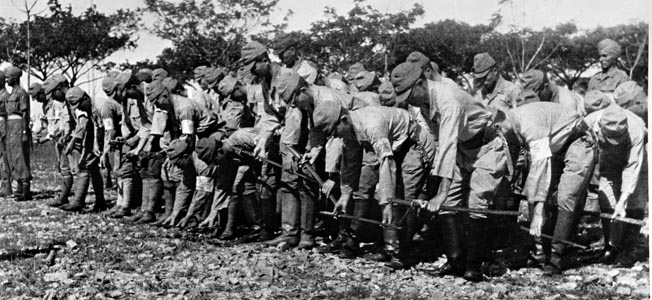

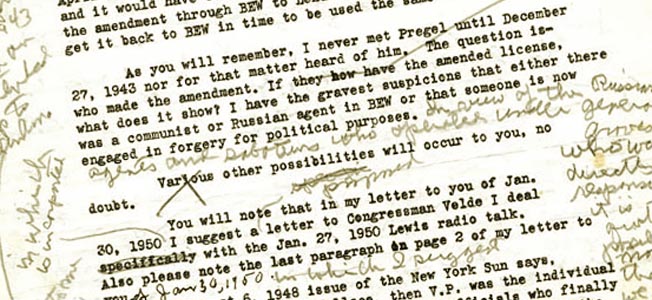
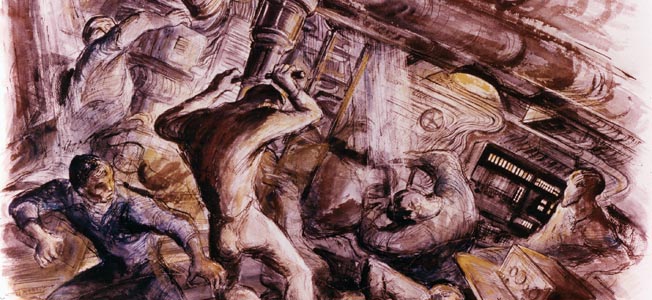
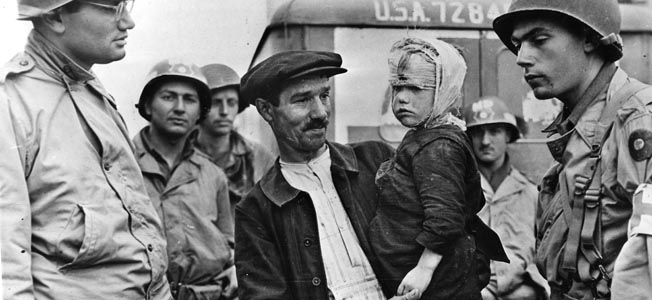
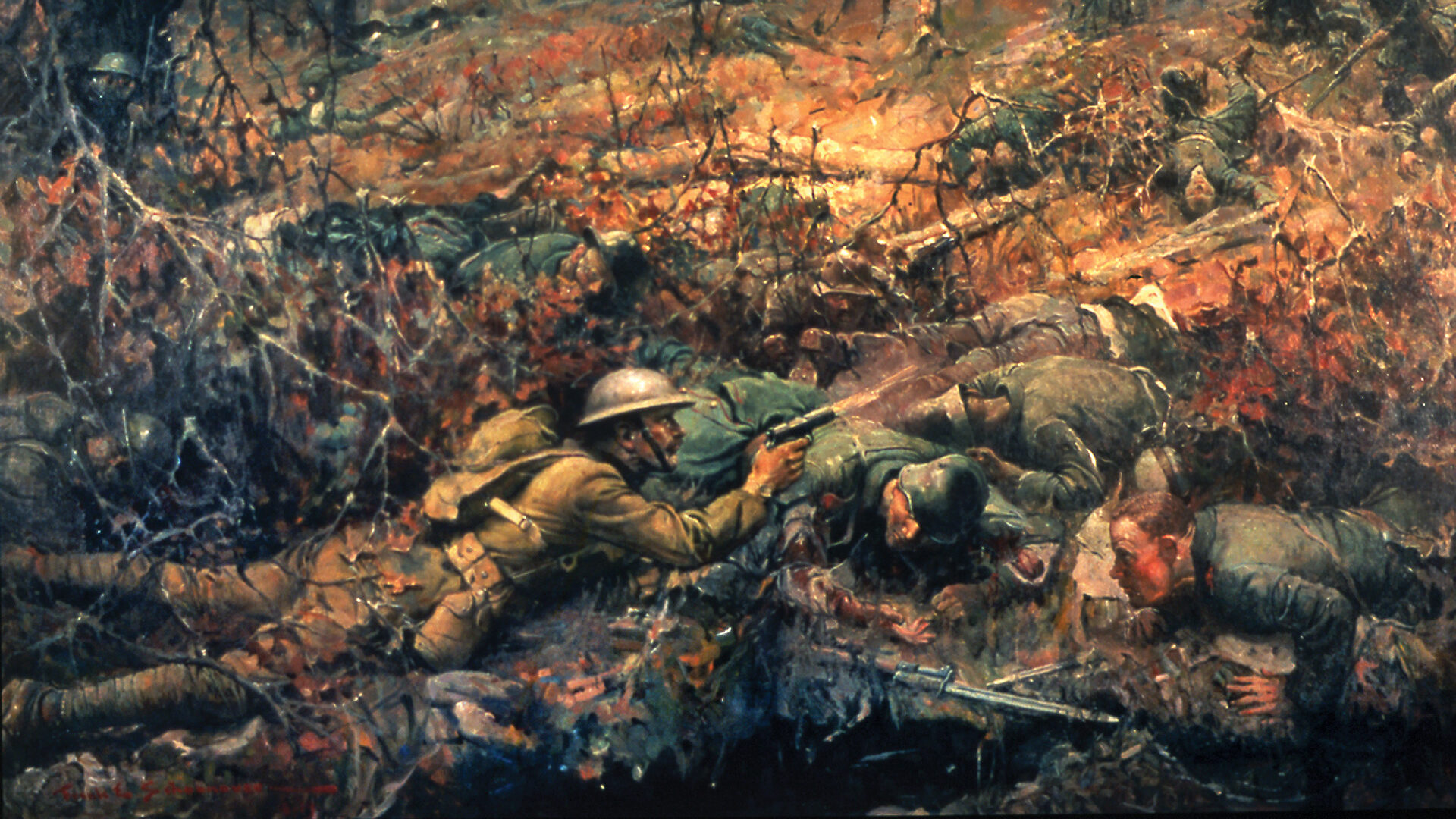

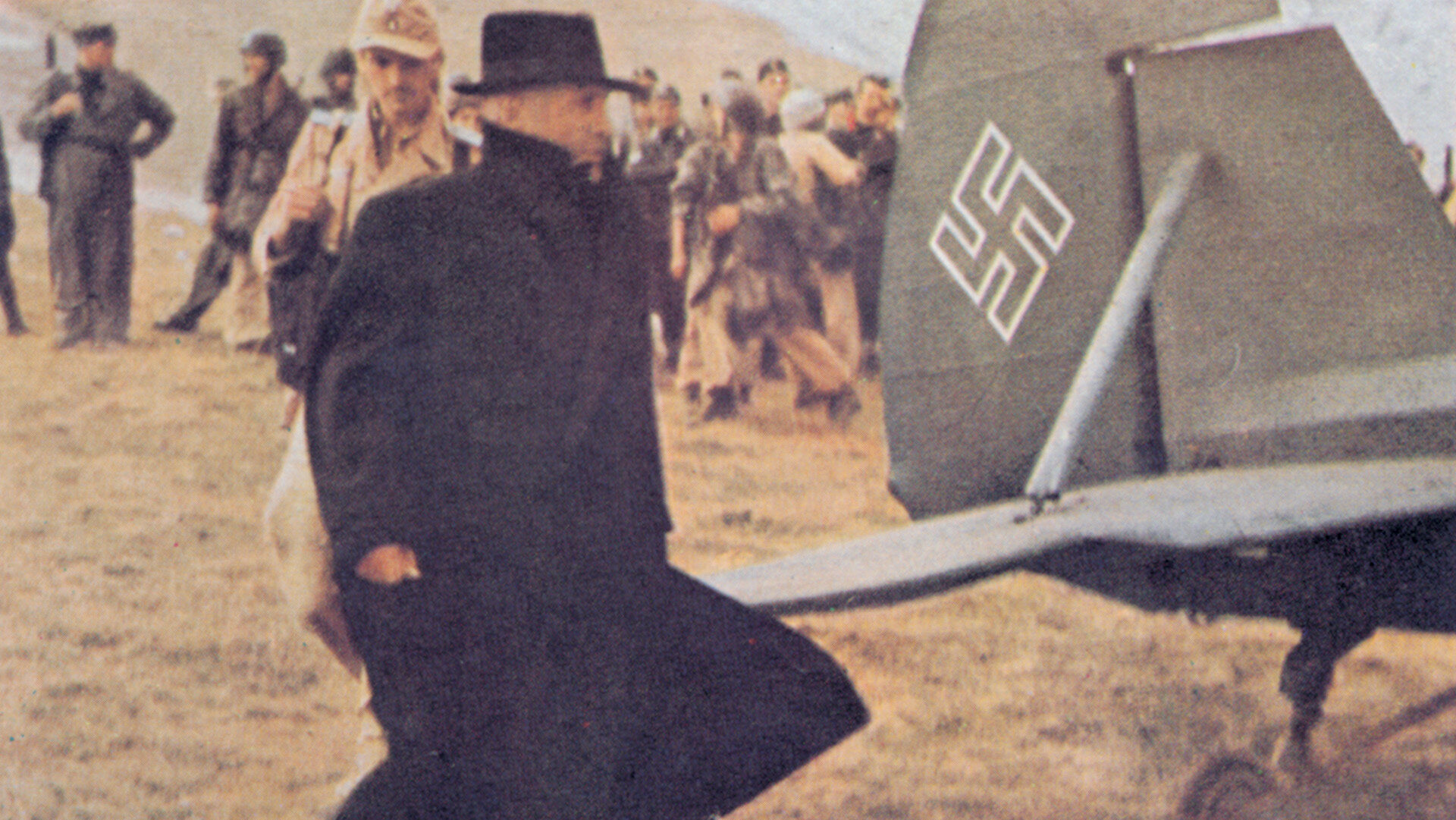
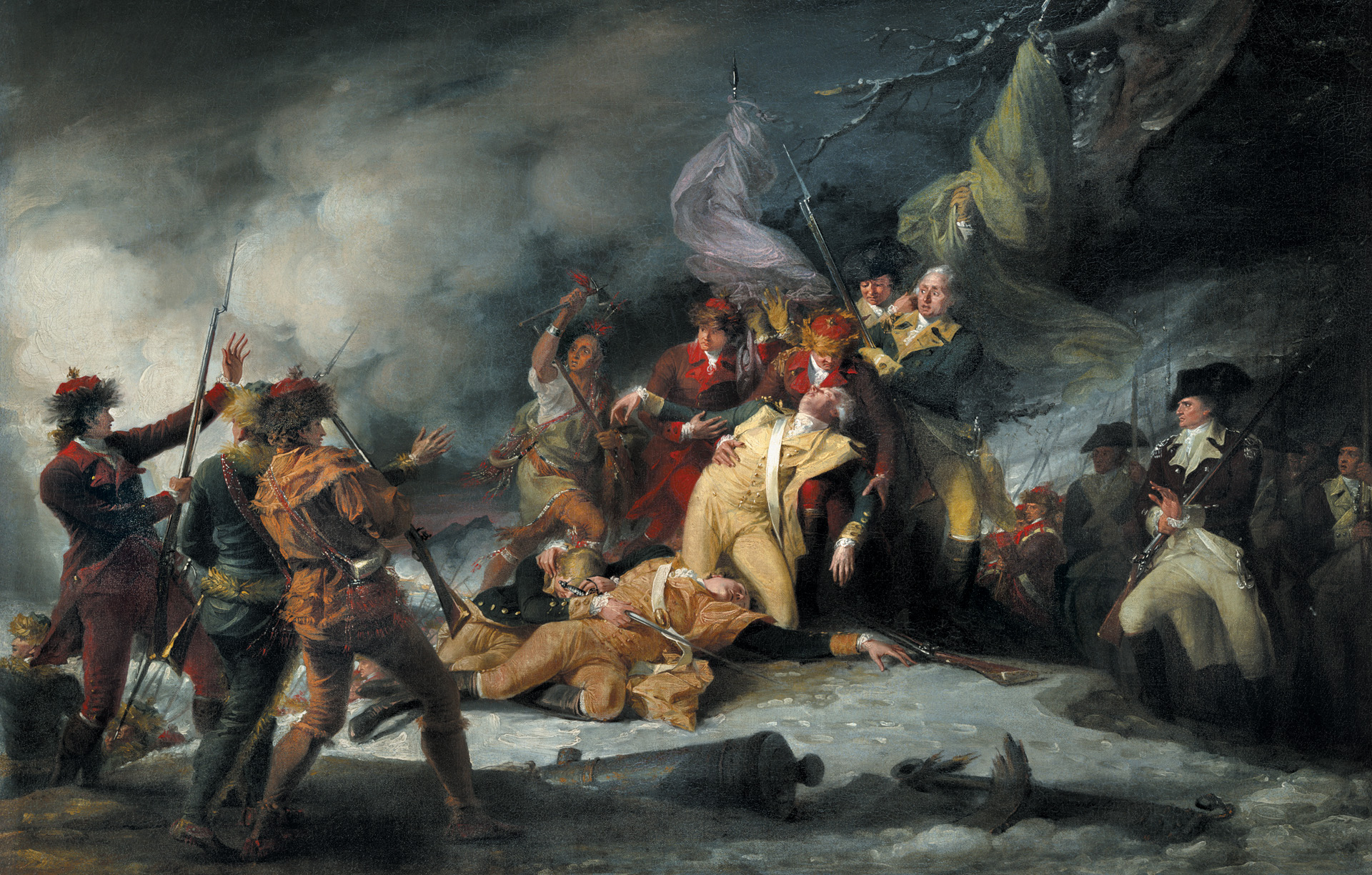
Join The Conversation
Comments
View All Comments